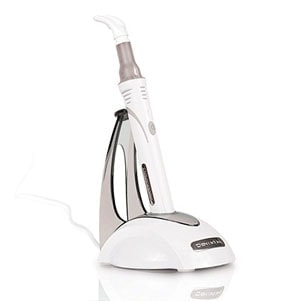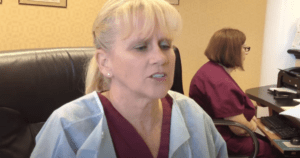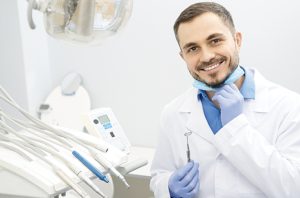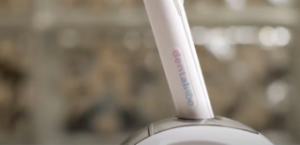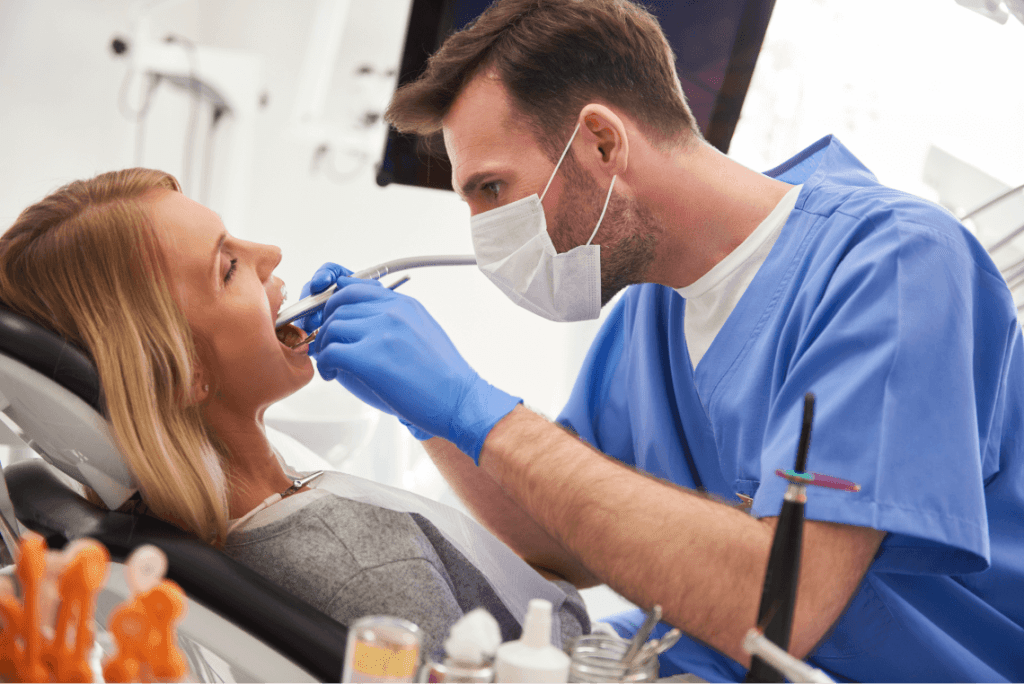Dental phobia is a pervasive issue. Let’s examine some causes of dental phobia and what you can do to help your patients address it.
Up to eight percent of Americans avoid seeing the dentist because of anxiety and fear. Although not all of those cases would be classified as dental phobia, fearing the dentist is a common issue that can lead to serious oral health problems. Let’s examine some causes of dental phobia and what you can do to help your patients address it.
Causes of dental phobia and anxiety
Dental phobia is a common issue, and many people will attribute their dental anxiety to a bad experience at some point. For many, their fear of the dentist started when they were children and persisted into adulthood. However, a bad dental experience is not the only reason for dental phobia. Sometimes, dental phobia is the symptom of another issue.
Some of the common causes of dental phobia include:
- Prior negative experiences. Naturally, someone who has had negative experiences at the dentist would fear revisiting it. Negative experiences can stem from working with an unprofessional dentist or undergoing painful procedures. Patients with negative experiences may need extra assurance and must be walked through procedures transparently.
- Feeling helpless. Patients with other emotional or psychological issues can have those conditions triggered by feelings of helplessness, which can result from a dental exam or procedure. Veterans with PTSD and victims of domestic abuse are particularly susceptible to dental phobia for this reason. Patients who feel helpless must be reminded that they can stop the procedure at any time and are in complete control.
- Embarrassment over the condition of teeth and mouth. Embarrassment is a common reason for feeling uneasy at the dentist. Those who avoid the dentist because of embarrassment often perpetuate the cycle of poor oral health. They may fear being ridiculed or criticized about their tooth care; as a result, they fail to get the care they need. Patients with embarrassment over the condition of their teeth will need to receive dental care and treatment that is free from judgment. Remind them that dentists see teeth in all conditions and do not judge their patients for poor oral health but instead want to help them improve.
As a dentist, you should expect to run into individuals who have a fear of the dentist throughout your career. It can benefit your practice to receive education and training on easing dental fears and phobias. Many dentists build sustainable practices by becoming known as a provider specializing in treating dental anxiety patients.
The best thing you can do for patients with dental phobia and anxiety is pinpointing what is causing their fears and discussing it with them to ease their concerns. Some patients may be unable to articulate their fears’ source, so you may need to work with them over time to find the best approach. Investing in tools that ease pain and help patients feel more comfortable is an excellent first step. Tools like DentalVibe® use vibration to eliminate pain from injections, improve comfort, and reduce patient anxiety.
Explaining your procedures before beginning and during treatment will also help your patients better understand the process and avoid feeling overwhelmed during the procedure. At each step of the process, let patients know what you are doing and how long it will take.
Going the extra mile to ease patients’ fears will help them achieve positive oral health and help you secure a long-term patient who trusts you as their provider.
Download our free whitepaper, The Benefits of Vibration on Dental Pain and Anxiety, to learn more about attracting more patients to your practice and helping them resolve their dental phobia.


